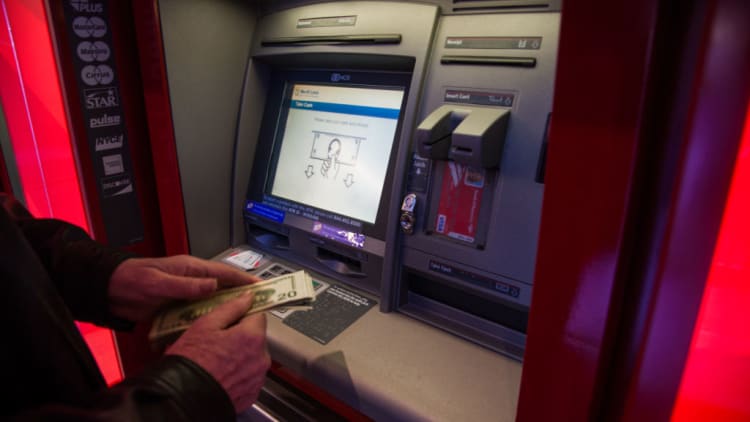Netflix announced Tuesday it will start putting 2% of its cash holdings into financial institutions and organizations to "directly support Black communities in the U.S."
The video streaming giant said in a blog post that its initial commitment will be as much as $100 million.
In the first step in allocating that money, $25 million will be moved to a new fund called the Black Economic Development Initiative, investing in "Black financial institutions serving low and moderate-income communities and Black community development corporations in the U.S.," the company said.
It said $10 million will go to Hope Credit Union to fuel economic opportunity in underserved communities across the Deep South.
"Over the next two years, HOPE estimates the Netflix deposit will support financing to more than 2,500 entrepreneurs, homebuyers and consumers of color," the company said.
Netflix has "roughly $5 billion in our cash balance sheet as of last quarter," said CFO Spencer Neumann in a "Squawk Box" interview on Tuesday. "If we can move 2% into these Black owned or Black led financial institutions... where we can still manage our liquidity… it's a way to do this on an ongoing basis and hopefully learn from this and it continues to grow."
Neumann said the financial institutions Netflix has chosen provide "probably a little lower interest rate but [the difference is] relatively small. We think that's worth it."
The initiative follows the outcry over last month's police killing of George Floyd in Minneapolis. Many companies have been announcing donations and action plans to address the call in nationwide protests to eliminate racial injustices and inequalities.
Aaron Mitchell, director of talent acquisition at Netflix, proposed the idea to Netflix CEO Reed Hastings. Mitchell teamed up Netflix Treasury director Shannon Alwyn to bring the $100 million commitment together in a few weeks.
In Tuesday's blog post, Mitchell and Alwyn said, "19% percent of Black families have either negative wealth or no assets at all, compared to only 9% of White households, according to the U.S. Federal Reserve. ... Black banks have existed to fight this for generations, spurring economic growth by extending credit in often underbanked communities. But they're disadvantaged in their access to capital, especially from large multinational companies, when compared to other banks."
The plan comes nearly two weeks after Hastings and his wife, Patty Quillin, donated $120 million to historically Black colleges and universities. Hastings has given millions in funding to charter schools and in 2016 started a $100 million philanthropic fund for children's education.
On Monday, Netflix announced a six-episode drama series "Colin in Black & White," looking at former NFL quarterback Colin Kaepernick's experiences as a teenager that shaped his advocacy. Kaepernick collaborated with Emmy-winning filmmaker Ava DuVernay on the project.
Kaepernick, born to a white mother and Black father, was adopted in Wisconsin by a white couple who moved to California when he was a child.
"We seek to give new perspective to the differing realities that Black people face," Kaepernick said in a statement. "We explore the racial conflicts I faced as an adopted Black man in a white community, during my high school years."
— The Associated Press contributed to this report.




